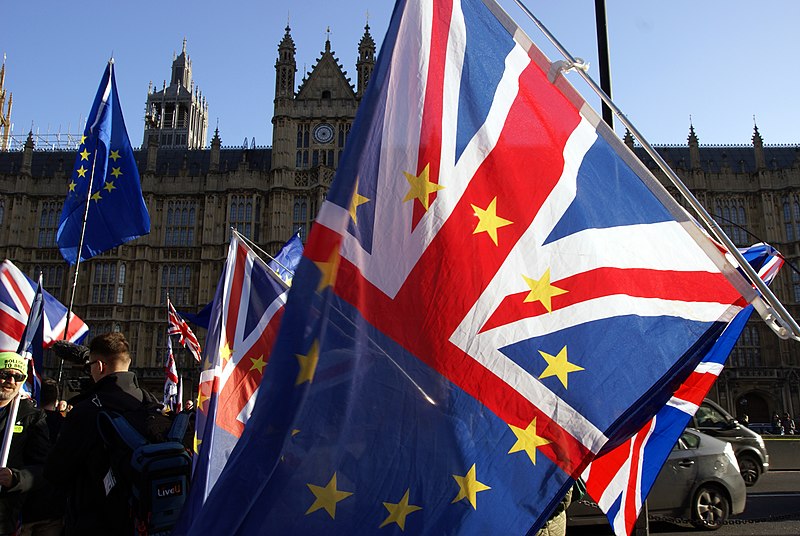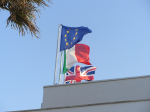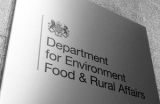
The upcoming local council elections in Northern Ireland are taking center stage as the Democratic Unionist Party (DUP) seeks to leverage them to push for further
concessions from Britain regarding a revised post-Brexit trade agreement.
The DUP maintains that it will continue its 15-month boycott of Northern Ireland's power-sharing government unless the UK introduces legislation to safeguard the region's ability to trade freely with the rest of the UK. They also seek greater flexibility regarding the trade deal reached with the European Union in February, which aimed to ease trade checks.
With polls indicating that the DUP may come in second place behind Irish nationalists Sinn Fein, as it did in the previous elections to the devolved assembly, the party aims to minimize the loss of votes to other unionist parties and the rapidly growing cross-community Alliance Party.
"Unionists have a clear choice. They can strengthen our position as we seek to finish the job of restoring Northern Ireland's place in the United Kingdom, or unionism can divide and splinter," stated DUP leader Jeffrey Donaldson to supporters last week.
The counting of votes will commence on Friday and is expected to continue into Saturday.
The leaders of the UK, Ireland, and most recently, US President Joe Biden, have all urged the DUP to reinstate power-sharing, a crucial component of the 1998 peace agreement that largely brought an end to three decades of sectarian conflict.
While London has pledged to introduce legislation to protect unrestricted trade between Northern Ireland and the rest of the UK, the exact measures required to satisfy the DUP and whether they will align with the revised EU/UK Northern Ireland trade agreement remain uncertain.
A solid performance in the elections would reinforce the DUP's perception of a "continuing mandate" for its boycott, according to Jon Tonge, professor of politics at the University of Liverpool. However, a fragmentation of the vote benefiting the smaller, more hardline Traditional Unionist Voice (TUV) party would likely only harden the DUP's stance.
"I'm not expecting a significant breakthrough after the election. It's more likely that this will be a display of unionist determination that, in the short term at least, will exacerbate the situation," he commented.
"It's another hurdle to overcome, something to endure." Photo by ChiralJon, Wikimedia commons.








































